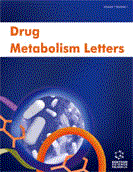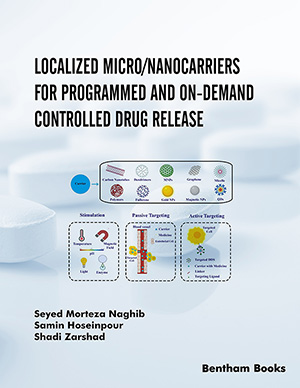Abstract
Efficacy and safety profile of a drug may be affected when concomitantly used with herbal medicines. The present study was conducted to investigate the effects of some commonly used herbal products viz. Nigella sativa (Black seed) and Lepidium sativum (Garden cress) on the pharmacokinetics of carbamazepine (CBZ), a narrow therapeutic index drug, in an animal model. In a control group, five rabbits received 40 mg/kg of CBZ orally and blood samples were withdrawn at different time intervals (0, 0.5, 1, 1.5, 2, 3, 4, 6, 8, 12 and 24 hrs) from a marginal ear vein. After a suitable washout period, an aqueous saline suspension of Nigella sativa (200 mg/kg) or Lepidium sativum (150 mg/kg) was given orally for eight days to the rabbits. On day eight, CBZ (40 mg/kg) was re-administrated orally and blood samples were collected using the same sampling scheme. Drug levels in plasma were determined by liquid chromatography and pharmacokinetic parameters were calculated using non-compartmental analysis. No significant difference was observed in the maximum concentration (Cmax), area under concentration curve (AUC), half-life (T1/2), clearance (Cl/F) and volume of distribution (Vz/F) of CBZ following Nigella sativa treatment. Whereas, increased Cmax, absorption rate measured by the time to Cmax (Tmax), and prolongation of the terminal elimination half-life (T1/2) were observed after the co-administration with Lepidium sativum. Findings of the present study suggest that concurrent use of Lepidium sativum alters the pharmacokinetics of CBZ in an animal model. Further confirmation of these results in humans will warrant changes in CBZ dose and/or frequency before co-administration with these herbal medicines.
Keywords: Black seed, carbamazepine, CYP3A, garden cress, interaction.
 25
25














